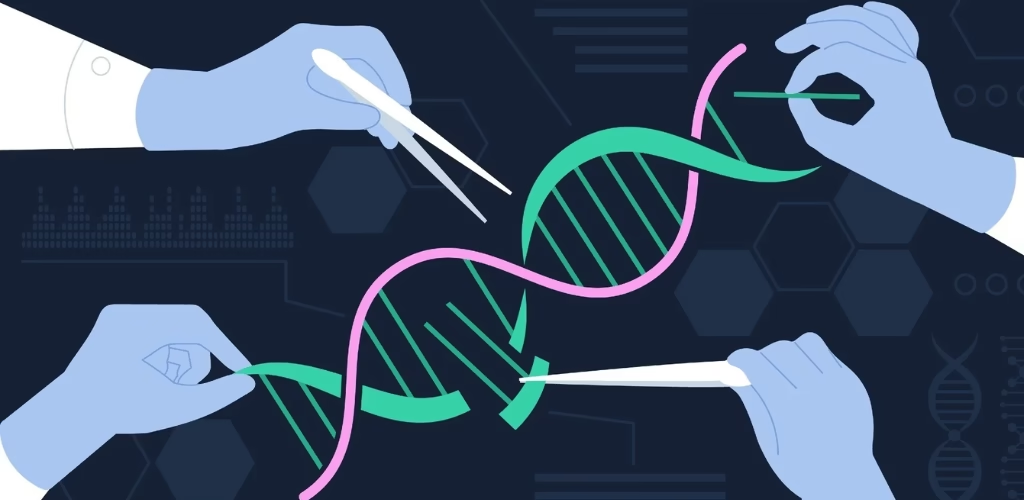The Role of 5G in Shaping the Future of Connectivity

source : Google
The rollout of 5G technology is one of the most anticipated developments in telecommunications, promising faster speeds, lower latency, and enhanced connectivity. As the world becomes more digitally connected, 5G is expected to revolutionize how we interact online, reshape industries, and introduce technologies that were once unimaginable. Unlike its predecessor, 4G LTE, 5G offers significantly faster data transfer speeds — up to 100 times quicker than 4G — and ultra-low latency, which is essential for the growing demand for real-time interactions. These improvements will support advanced technologies like autonomous vehicles, smart cities, Internet of Things (IoT) devices, and augmented reality (AR), all of which require highly reliable and fast connections to function effectively.
One of the standout features of 5G is its ability to provide higher bandwidth and faster speeds. With peak download speeds of up to 10 Gbps, 5G will revolutionize everything from browsing and downloading apps to high-definition streaming and virtual reality gaming. This enhanced bandwidth will allow multiple devices to connect without congestion, benefiting industries like entertainment, healthcare, and education by enabling 4K and 8K streaming and immersive VR experiences. The ability to transfer large amounts of data rapidly will also be critical for sectors like cloud computing and big data, where real-time processing is essential.
5G also offers lower latency, reducing the time it takes for data to travel from one device to another. This reduction in delay is particularly important for technologies like autonomous vehicles, which rely on real-time communication between vehicles, infrastructure, and pedestrians for safety and efficiency. For example, a self-driving car equipped with 5G could respond instantly to road conditions, traffic signals, or nearby vehicles, making it safer and more efficient. Additionally, remote surgery and telemedicine will benefit from 5G’s low latency, enabling doctors to perform procedures from afar with precision and minimal risk.
In the healthcare sector, 5G will be a game-changer, allowing for better remote monitoring, real-time diagnostics, and more effective telemedicine services. The technology will enable the use of advanced medical devices that continuously collect data, ensuring doctors receive up-to-date information on patients’ health. Robotic surgery, which requires ultra-low latency to function safely and effectively, will also become more accessible through 5G. Furthermore, IoT devices will thrive in this connected environment, as 5G can handle the massive amounts of data generated by smart devices in homes, cities, and industries.
Beyond healthcare, 5G will play a pivotal role in the rise of smart cities and industrial IoT. The ability to support billions of connected devices simultaneously without compromising performance will transform urban planning, transportation, and energy systems. For instance, smart traffic systems that reduce congestion, energy grids that optimize power distribution, and public safety networks that provide real-time data will all be possible due to 5G. Industries will also benefit from real-time monitoring and predictive maintenance, making operations more efficient and cost-effective.
Ultimately, 5G is set to reshape connectivity by offering faster, more reliable, and efficient networks. Its ability to support emerging technologies will drive innovation across various sectors, from autonomous vehicles to smart homes and connected healthcare. As 5G becomes more widely available, its impact will be felt in every aspect of daily life, paving the way for a more connected and smarter world.











